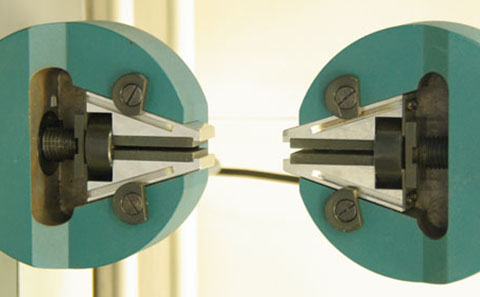
EEE Laboratory
View the architects impressions and specifications for the new Electrical and Electronic Engineering Laboratory

View the architects impressions and specifications for the new Electrical and Electronic Engineering Laboratory
University of Southampton students talk about why they chose ECS.

View the technical specifications for the new Projects Laboratory